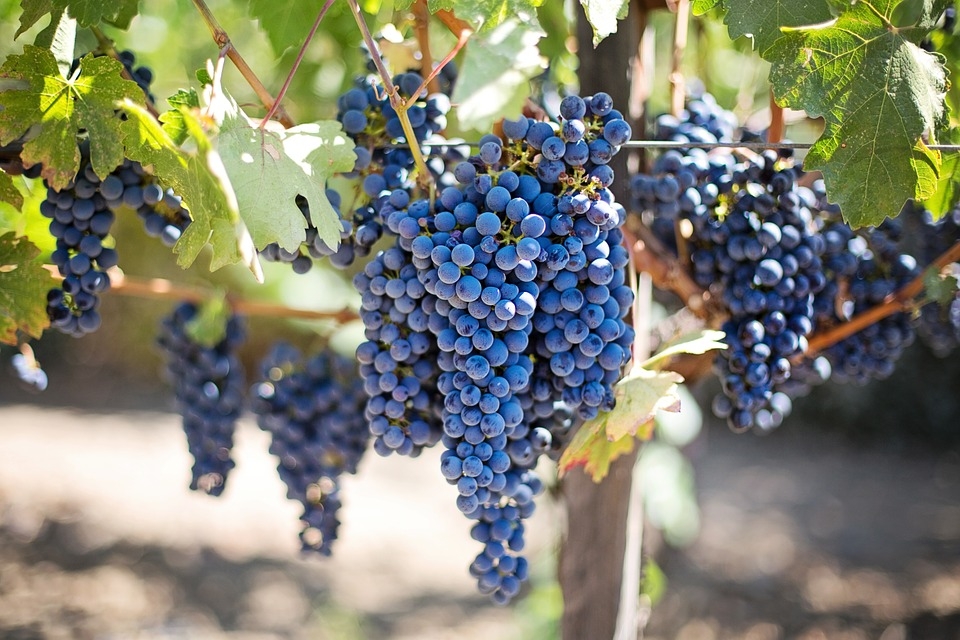Should the state administration continue to supervise wine production?
“This is an awful, monopolistic draft. Decisions on the overall control and development of the wine industry would be again put into the hands of the Institute of Viticulture and Winemaking. Such decisions should not be made by people who receive their salaries from the state budget, but by those who make a living by producing wines,” says Ivica Kovačević, a winemaker and chairman of the Wine Dalmatia Association, speaking about the latest proposal of the Law on Wines which has been drafted by the Ministry of Agriculture and which has alarmed the winegrowing community, reports Jutarnji List on August 19, 2018.
As usual, new laws are being pushed at the time of the year when most Croats are in their bathing suits, far from thinking about legislative proposals. The latest draft of the new Law on Wines is not an exception. It was put to the public consultation in early August. Wine producers had until August 12 to state their comments or “forever hold their breath.” However, thanks to the digitization of Croatia, no matter how partial it is, the Law on Wines was published on the e-Savjetovanja website and winemakers have sent more than 40 objections to the law which, according to the Ministry of Agriculture, should finally bring Croatian winemaking into the European Union. Instead, the Croatian wine policy has returned to Yugoslavia, at least according to some of the best-known winemakers.
“The Ministry of Agriculture is pushing the law without consultation with winemakers. They did not accept our suggestions that the complete production process, from vineyards and origin labelling to marketing, should be put into the hands of producers. Such decisions will continue to be made by an institution which is completely separate from our profession,” said Vlado Krauthaker, a winemaker and chairman of the Graševina Croatica association.
They object to the continuation of the current centralist (“socialist”, as they say) control model whose epicenter is the Institute of Viticulture and Winemaking as part of the Center for Agriculture, Food and Village. Established in 1996, the Institute conducts supervision, controls and testing of wines, as well as issuing analytical reports and evaluations, and adopting decisions on placing individual wines on the market. In other words, the Institute decides which wines will be placed on the market and which will not. So it decides on the fate of each producer. Such a model is present just in winemaking and does not exist in any other agriculture sector.
The problem is not controls, warns Leo Gracin, a winemaker and a professor at the Faculty of Agriculture. Austria, for example, has even stricter controls of its wines, but the control is not just in the hands of the state, but also in the hands of regional organizations. “They have intense controls, but they serve to maintain quality. We have controls just for the sake of controls,” says Gracin, arguing that the Institute is destroying all creativity because it approves just conservative wines. “It turns out that we exist to serve the Institute, instead of the other way around.”
Since the current Law on Wines was adopted in 2003, wine producers were eagerly awaiting the new law. While it was expected that winemakers would be looking forward to the new regulations, the latest proposal does not include any of their demands although they have been in constant communication with the ministry and Agriculture Minister Tomislav Tolušić.
The Ministry of Agriculture argues that the draft has been written by winemakers themselves and that the ministry only slightly changed some of their proposals. The only demand which has been rejected is the one about the establishment of a new body that would control the wine production along with the Institute.
For more than a year, the producers have been advocating a model which currently exists in the production of honey, prosciutto and olive oil. In addition to state control, these sectors are also controlled by independent certifying bodies, thereby shifting the absolute power from the state to the producers. The proposed body has been given the working name of Kontroling. The difference between the Institute and Kontroling is that the new body would be under the regional organizations and not the ministry, but it would still be financed from the budget.
The ministry did not accept this, explaining that the European rules stipulate that there must be an impartial and objective control in the production of wine. “It is quite clear why wine producers cannot control their own products,” says the ministry, adding that consumer protection in priority. Additionally, the winemakers have not announced details about their proposal, who would monitor the production, where and with what infrastructure.
The ministry did make one concession, at least on paper. It has announced the establishment of regional offices to match the four winegrowing and marketing zones – Slavonia and Croatian Danube Region; Croatian Istria and Kvarner; Dalmatia; and Central Hilly Croatia. The regional offices would thus be closer to regional wine associations and the communication between them would improve.
Frano Miloš, the owner of the Miloš winery from Pelješac, argues that the draft law has been designed according to the instructions made by an interest group. Although he did not want to reveal the names of people who are part of the group, he thinks that the Ministry of Agriculture and Minister Tolušić do not dare oppose them. “The whole of Croatia is under the protected designation of origin (ZOI) for the sole reason that the Institute would have a justification to exist,” claims Miloš. The wines from ZOI areas have to be assessed for their smell, taste and colour, which is performed by the Institute. “How can someone from the Institute assess that my wine is not crisp or clear enough? Due to their subjective impressions, the wines are withdrawn from the market, regardless of the fact that I have customers who prefer such wines,” says Miloš.
Interestingly, the Institute’s budget currently stands at 5.5 million kuna, but after the law comes into force, it will grow to more than 10 million kuna for the purpose of establishing new regional offices, hiring inspectors and additional employees.
Winemaker Vlado Krauthaker believes that a vineyard register should be introduced. The registry would identify the number of vines per hectare, and that would determine how much wine can be produced. The goal would be to determine the exact production and abolish uncontrolled wine trade. The state would know exactly how much wine was produced and how much it was imported.
Huge quantities of wine are imported into Croatia which nobody monitors. According to unofficial data, as much as 40 percent of the wine on the supermarket shelves is not the same wine which has passed the checks and controls by the Institute. Such irresponsible practices of individual winemakers endanger the credibility of the whole industry. But here, the problem is the winemakers themselves and not the state.
Translated from Jutarnji List (reported by Filip Pavić).











